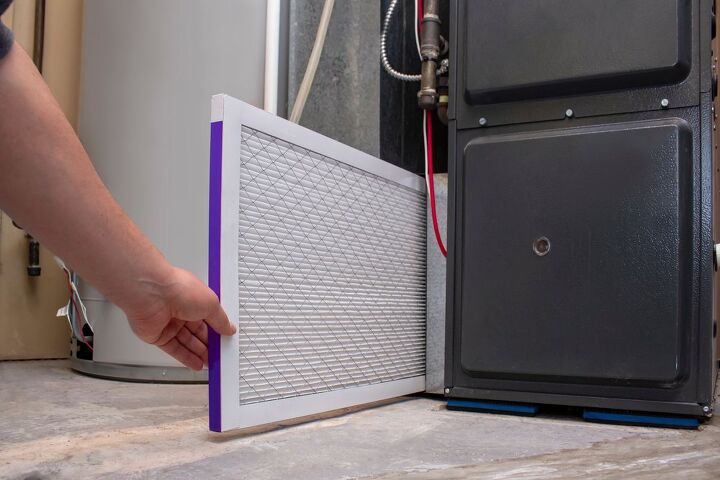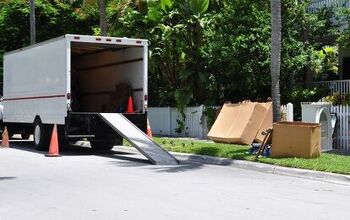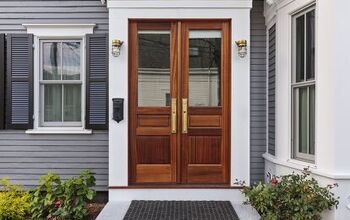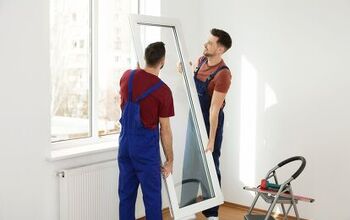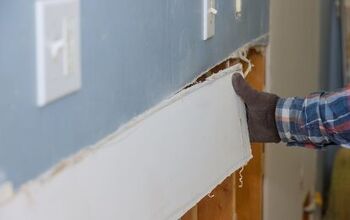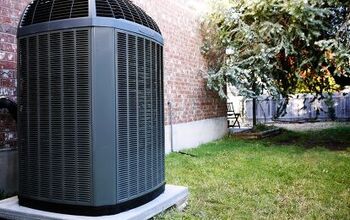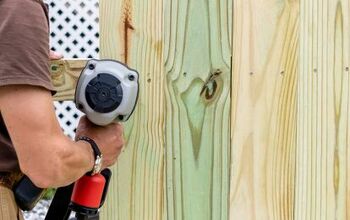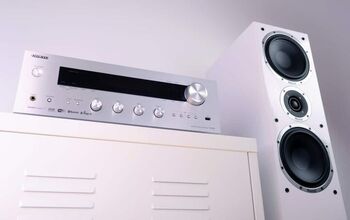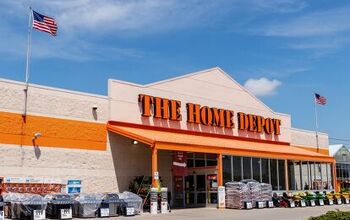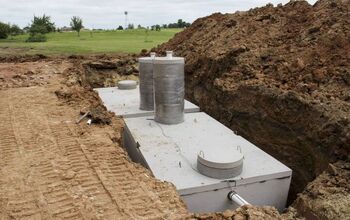Do You Need A Permit To Replace A Furnace? (Find Out Now!)

Trying to obtain a permit can be tricky for homeowners, especially when you don’t know if you need one or not. While you often need permits for large construction projects, what about smaller jobs, like replacing certain components? It can be hard to determine if you need a permit to replace a furnace?
While the law varies by city and state, typically, you need a mechanical or furnace permit to replace a furnace. This also applies when replacing a furnace with the same type of system. You might need a low-voltage electrical permit for control wiring and thermostat work, even if you reuse the old thermostat.
Do You Need Gas Furnace or Forced Air Heating System Installers?
Get free, zero-commitment quotes from pro contractors near you.

Do You Have To Get A Permit To Replace A Furnace?
In most cities and states, you must have a mechanical or furnace permit to fully replace a furnace. Even if you replace the furnace with the same make and model, you will need one or more permits. A permit will help to ensure that the contractor and installation team are both licensed and bonded to complete the work.
A low-voltage electrical permit is also typically required for the control wiring and thermostat work during a furnace replacement. Even if you plan to use the previous thermostat with the new furnace system, you will still need to obtain the permit.
Can I Replace My Own Furnace?
Installing your own furnace may seem like a way to save money, but it takes knowledge and experience to install one. If the installation is incorrect, it can lead to inefficient operation, high utility bills, risk of fire, and even carbon monoxide poison. Moreover, in some states, you need permits, and connecting to a gas line may be illegal without a licensed contractor.
In situations like these involving gas and electricity, it’s always best to contact a licensed professional. They have daily experience with these projects and can make sure the furnace replacement and installation are correct.
Why Do You Need A Permit To Replace A Furnace?
Permits are necessary for a variety of reasons. First of all, you want to make sure your home is up to code. If you don’t get a required permit, it is against the law.
Licensed HVAC contractors must pull permits when required, and they are familiar with the permit process. If your contractor does work without a permit in your home, they can lose their license.
Furthermore, you and the contractor can be held liable. The city can also require you to remove the HVAC equipment at your own expense.
Secondly, permits can save you money since they ensure your system is up to code and installed properly. When a professional correctly installs your HVAC system, this can prevent excessive energy bills. You can also have peace of mind knowing that a building inspector ensures that your home is safe.
What Happens If I Don’t Obtain a Permit To Replace A Furnace?
You know why permits are important, but let’s discuss the consequences if you don’t get the proper permits. These consequences can be safety issues, quality issues, and even legal issues.
Safety Issues
Safety is one of the most important reasons you need to obtain a permit and get an inspection. HVAC equipment is extremely dangerous if improperly installed. The safety repercussions of not getting a permit can be deadly.
Don’t take the chance of your furnace or gas line blowing up or your system leaking carbon monoxide.
Quality Issues
Often the quality of your furnace will suffer if you don’t have a permit and inspection. The purpose of the inspection is to ensure you have correctly installed equipment, and if not, to fix it immediately.
HVAC equipment usually lasts 15 to 20 years, but if it isn’t installed correctly, you’ll start to notice issues within two years. This can lead to expensive and frequent repairs, and you may even have to replace it again after a few years.
Legal Issues
Another risk you take when skipping a permit is legal repercussions. This may seem minor compared to the safety and quality issues, but legal fees can add up quickly. Homeowners who don’t obtain the correct permits risk the chance of paying a fine or going to court.
If your contractor does the work but doesn’t pull the right permits, they are responsible and can even lose their license. However, if you do the work yourself, you will be accountable and incur fines and legal fees.
Do You Need Gas Furnace or Forced Air Heating System Installers?
Get free, zero-commitment quotes from pro contractors near you.

Related Questions
What does an HVAC system cost on average?
The average cost for an HVAC permit ranges from $250 to $400, plus the cost of a third-party energy audit. The third-party report will range from $300 to $450. If you’re replacing your furnace because the last person didn’t install it correctly, expect to pay $2,000 or more. This additional cost will come from extra parts needed to pass the inspection. While this may seem like a lot of money, the peace of mind you gain will make it worthwhile. In the end, getting a permit will be much cheaper than your system failing when you need it most.
What are some common furnace installation problems?
Installing a furnace is not a simple task and requires knowledge and experience to do it correctly. HVAC contractors can occasionally make mistakes, but the most common mistakes come when homeowners install their furnaces themselves. Most furnace manufacturers require professional installation for full warranty protection. Therefore, if you install it yourself, you may not have coverage.In addition to warranty issues, combustion problems, improper sizing, and lack of reliability are also common with improperly installed furnaces. If you have an incorrectly installed furnace and flue, it can produce excessive carbon monoxide during the combustion process. This can lead to serious illness or even death. For your furnace to be appropriately sized and work effectively, there needs to be several calculations. These calculations consider the size of your home, the number of rooms, layout, occupancy, and more. Furthermore, if installed incorrectly, your furnace will tend to break down more often and have a shorter lifespan.
Related Guide

Stacy Randall is a wife, mother, and freelance writer from NOLA that has always had a love for DIY projects, home organization, and making spaces beautiful. Together with her husband, she has been spending the last several years lovingly renovating her grandparent's former home, making it their own and learning a lot about life along the way.
More by Stacy Randall



